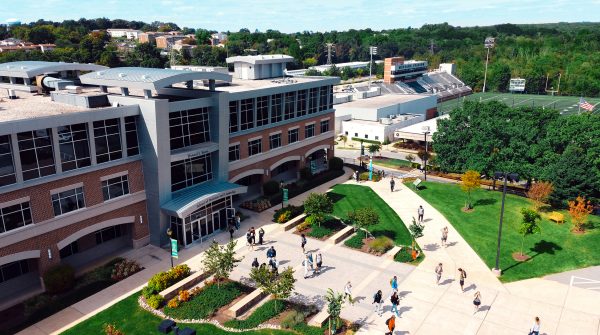COLDS AND FLUS
The arrival of the sickness season has students and faculty working overtime just to stay healthy

The winter months are approaching quickly but cold and flu season seems to be approaching even faster, taking a major toll on people’s health.
With dropping temperatures across the United States, and the CDC has warned of a surge in respiratory illnesses including the flu, COVID-19, and respiratory syncytial virus (RSV).
Dylan Kurstedt was among those who had a rough experience when he caught COVID recently, as he described his symptoms with the virus.
“I felt tired all day and felt like not eating. But it was even worse at night,” the fourth-year student said. “My stomach would be in terrible pain that wouldn’t let me sleep.”
Kurstedt said acetaminophen and ibuprofen helped him get through the worst. His other advice?
“Wash your hands!”
Stephanie Carpenter, the assistant director and a nurse practitioner of Stevenson’s Wellness Center, said staying up to date on COVID vaccines and boosters, as well as getting the flu vaccine is the best advice she can give. She also mentioned thorough hand washing.
“Always use good hand hygiene, avoid others with illness, and frequently clean hard surfaces,” Carpenter said.
Carpenter also emphasized the importance of stocking up on rapid home tests and medications in case you begin feeling ill.
“It is important to have rapid home COVID test kits on hand, a thermometer, over-the-counter medications for symptom control and easy fluids, like soups and water with electrolytes, such as Gatorade,” she said.
Carpenter strongly advised those who feel any symptoms to follow the appropriate measures.
“Most importantly if you are sick stay away from others, get tested, wear a mask, and cover your nose and mouth with coughing and sneezing,” she said.
Your donation will support the student journalists of Stevenson University. Your contribution will allow us to purchase equipment and cover our annual website hosting costs.






























































